Can You Get Dental Implants With Periodontal Disease
Can you get dental implants with periodontal disease. In most cases yes but before they are placed the periodontal disease will need to be treated and brought to a manageable level where the dentist is confident that it wont affect the procedure. The simple answer is no. Other patients may need to have a bone grafting procedure completed to replenish lost bone tissue and create the foundation needed to hold an implant in place.
If you have suffered from extensive bone loss you may need a bone graft procedure before implants. If in spite of precautions periodontal disease does occur advanced surgical techniques allow most such patients to be treated with dental implants. Dental Implants and Periodontal Disease - General and Cosmetic Dentist.
We start by placing a biocompatible titanium screw this is the actual dental implant. After you have seen the periodontist and have had your gum disease treated the dental implants dentist will be able to identify if you are able to have dental implants. The oral surgeon will determine whether or not your bone and gum mass is prepared to support the implants and fortunately even if it is insufficient you can receive.
Communicating about this past condition will help them ensure that you receive the results you desire. Implants can get periodontal disease the same as natural teeth can so unless your periodontal disease is eliminated this would be a bad choice. Periodontics 16 years experience Yes if controlled.
Its critical to inform your dentist about your history with gum disease. Acesse e confira nossas promoções. No periodontal disease isnt a contra indication for dental implants.
Because they increase the risk of tooth loss it is important to address periodontal disease and bone loss before you undergo implant surgery. Advanced gum disease known as periodontal disease can lead to gum recession and bone deterioration. With a better understanding of grafting procedures and newer implant designs patients who were previously considered unsuitable for implants are now successfully treated with a great rate of success.
You need healthy strong gums to get a dental implant. However you would need to have your gum disease treated before getting dental implants.
To be a candidate for life-changing dental implants you must first get your periodontal disease under control by seeking treatment from your general dentist or a periodontist.
Acesse e confira nossas promoções. Once the periodontitis is under control you can proceed with dental implants. If in spite of precautions periodontal disease does occur advanced surgical techniques allow most such patients to be treated with dental implants. No periodontal disease isnt a contra indication for dental implants. Of all the ways modern dentistry has to replace missing teeth dental implants are by far the best. Anúncio Compre produtos odontológicos em até 12x sem juros. Acesse e confira nossas promoções. Because they increase the risk of tooth loss it is important to address periodontal disease and bone loss before you undergo implant surgery. Once the tooth is removed there is no periodontal disease.
Advanced Gum Disease can lead to gum recession and bone loss which can mean the chances of having dental implants are severely reduced. Once the tooth is removed there is no periodontal disease. With a better understanding of grafting procedures and newer implant designs patients who were previously considered unsuitable for implants are now successfully treated with a great rate of success. Other patients may need to have a bone grafting procedure completed to replenish lost bone tissue and create the foundation needed to hold an implant in place. Acesse e confira nossas promoções. Dental Implants and Periodontal Disease - General and Cosmetic Dentist. In most cases yes but before they are placed the periodontal disease will need to be treated and brought to a manageable level where the dentist is confident that it wont affect the procedure.
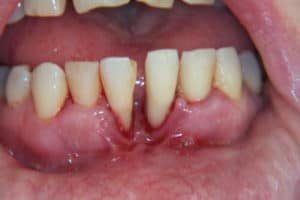



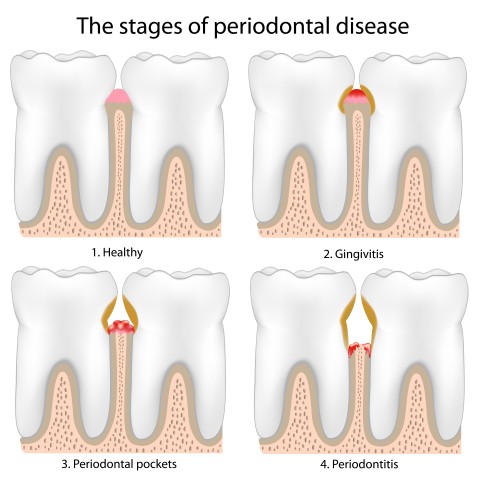



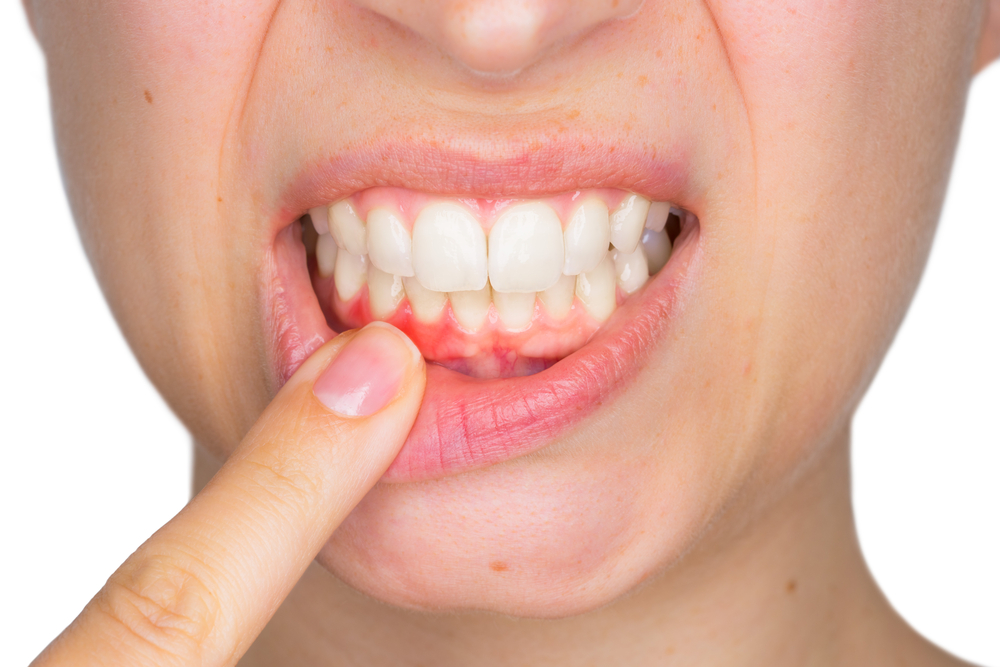


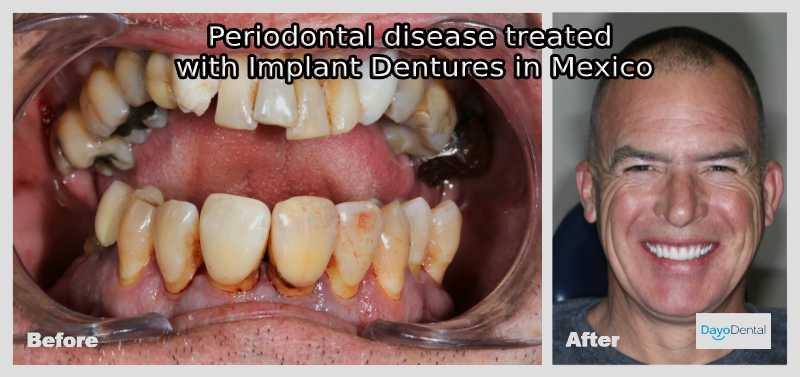
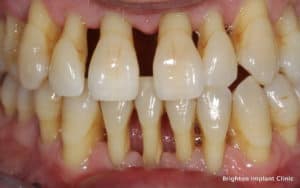

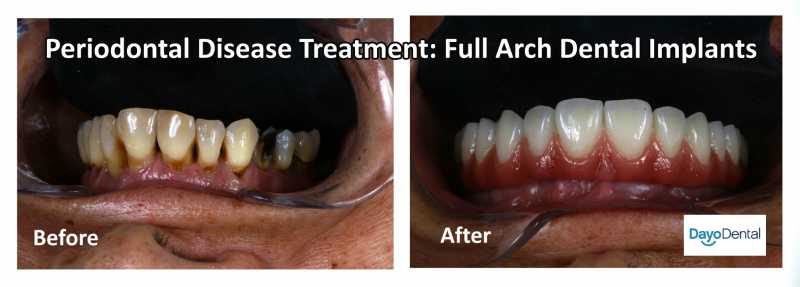
.jpg)
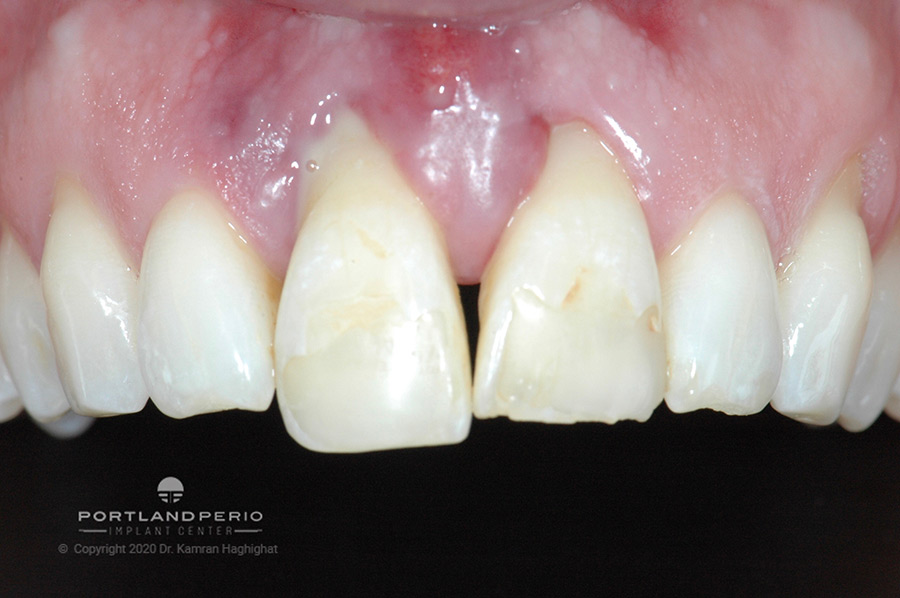




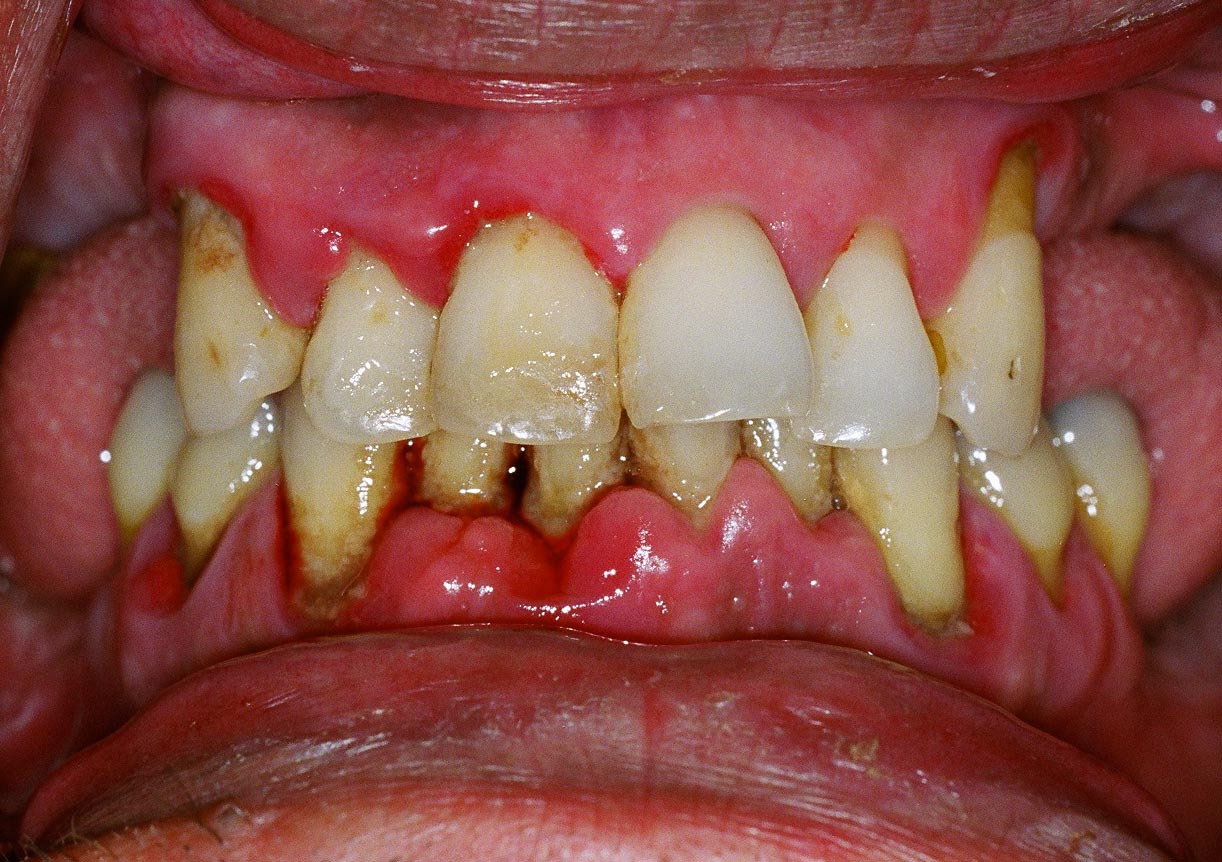





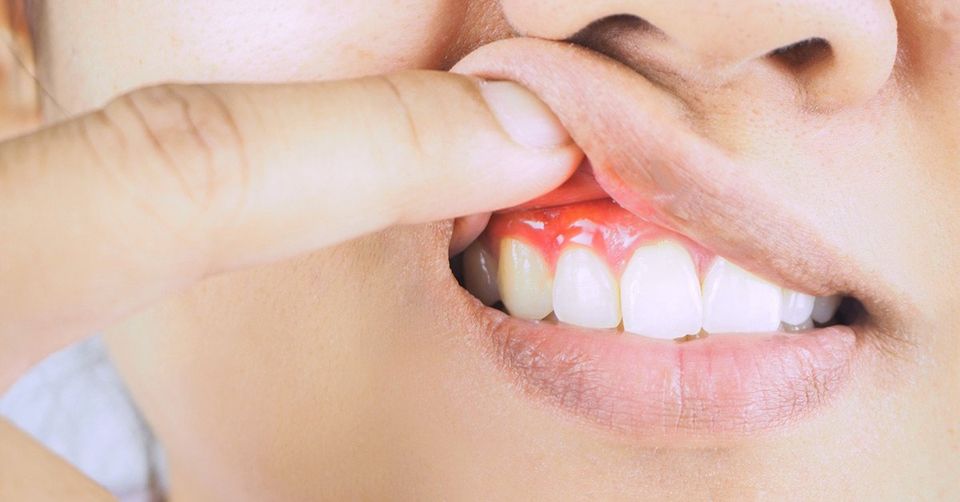
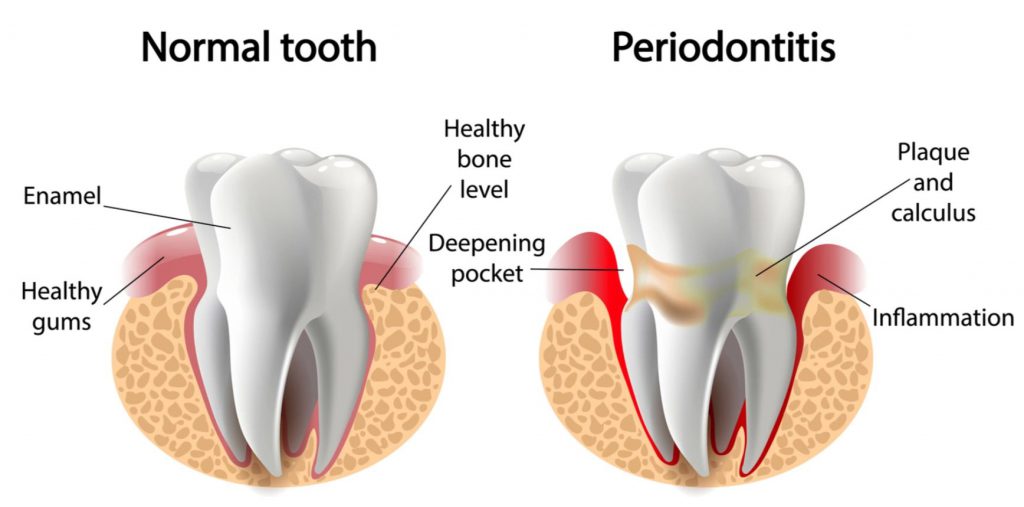


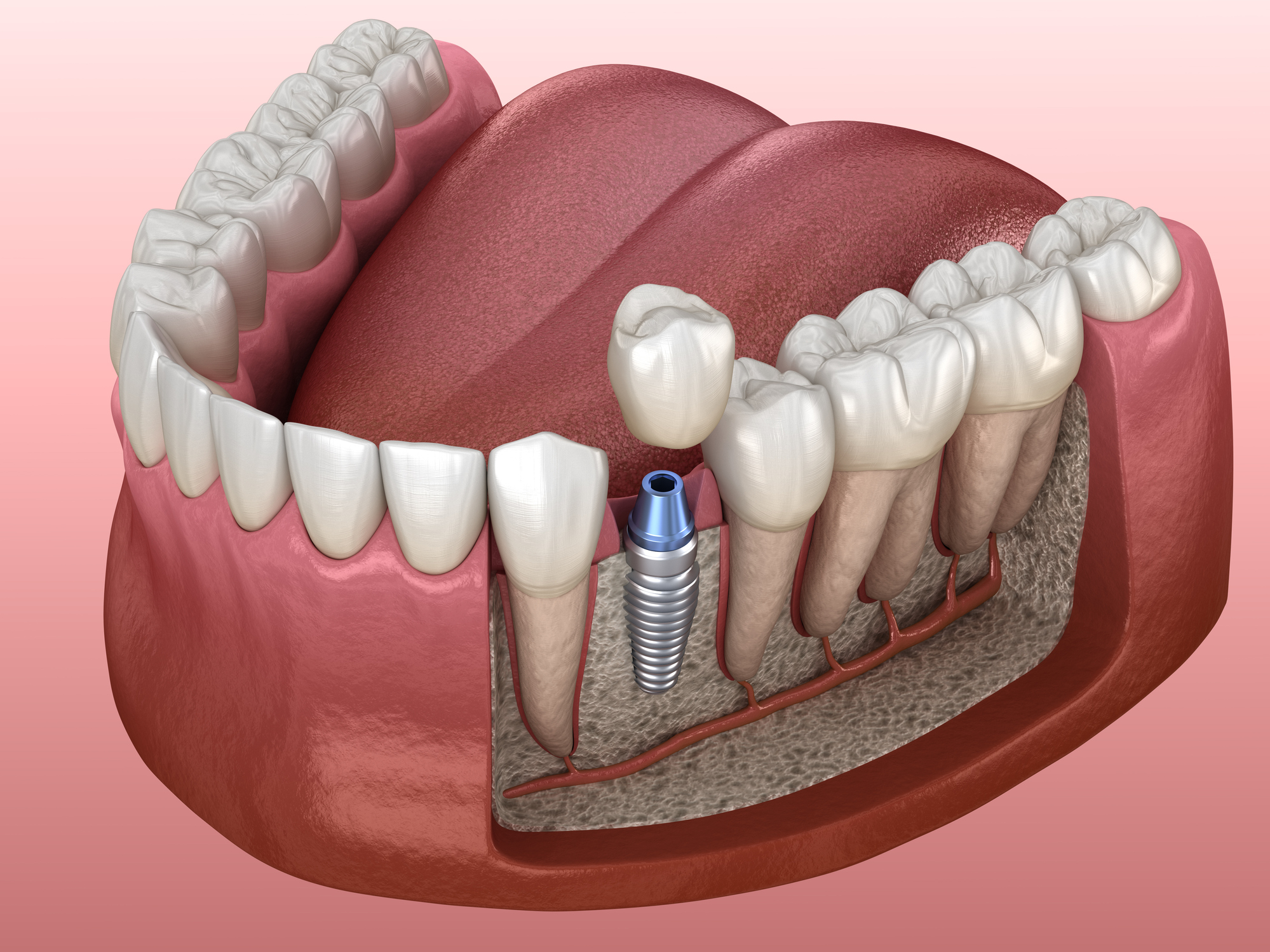
&srotate=0)

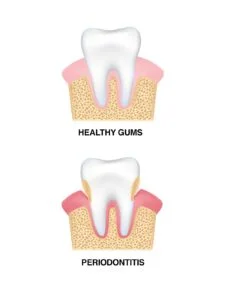
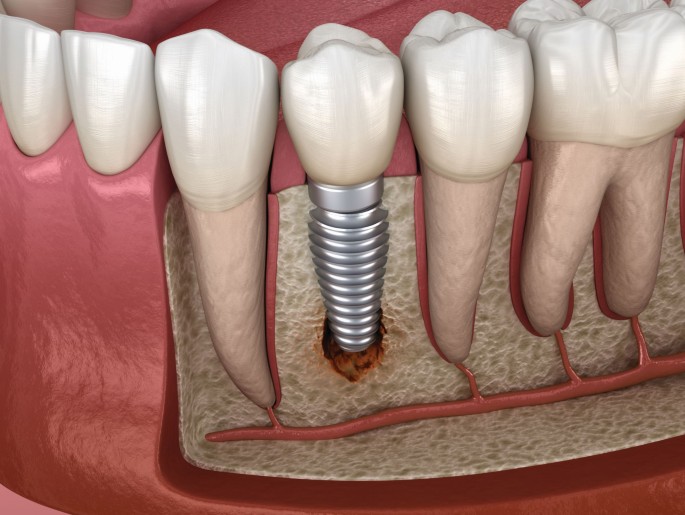
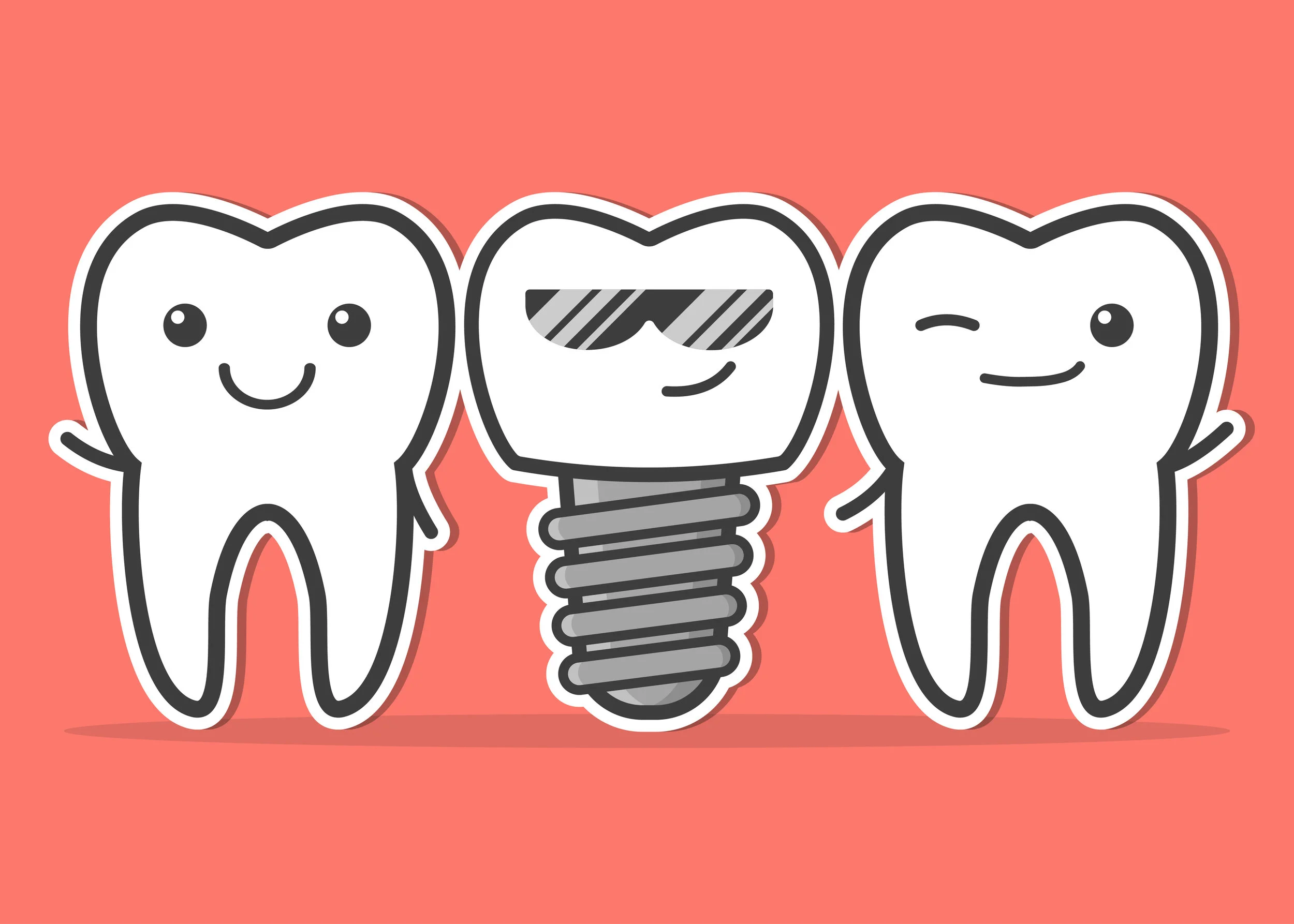



Posting Komentar untuk "Can You Get Dental Implants With Periodontal Disease"